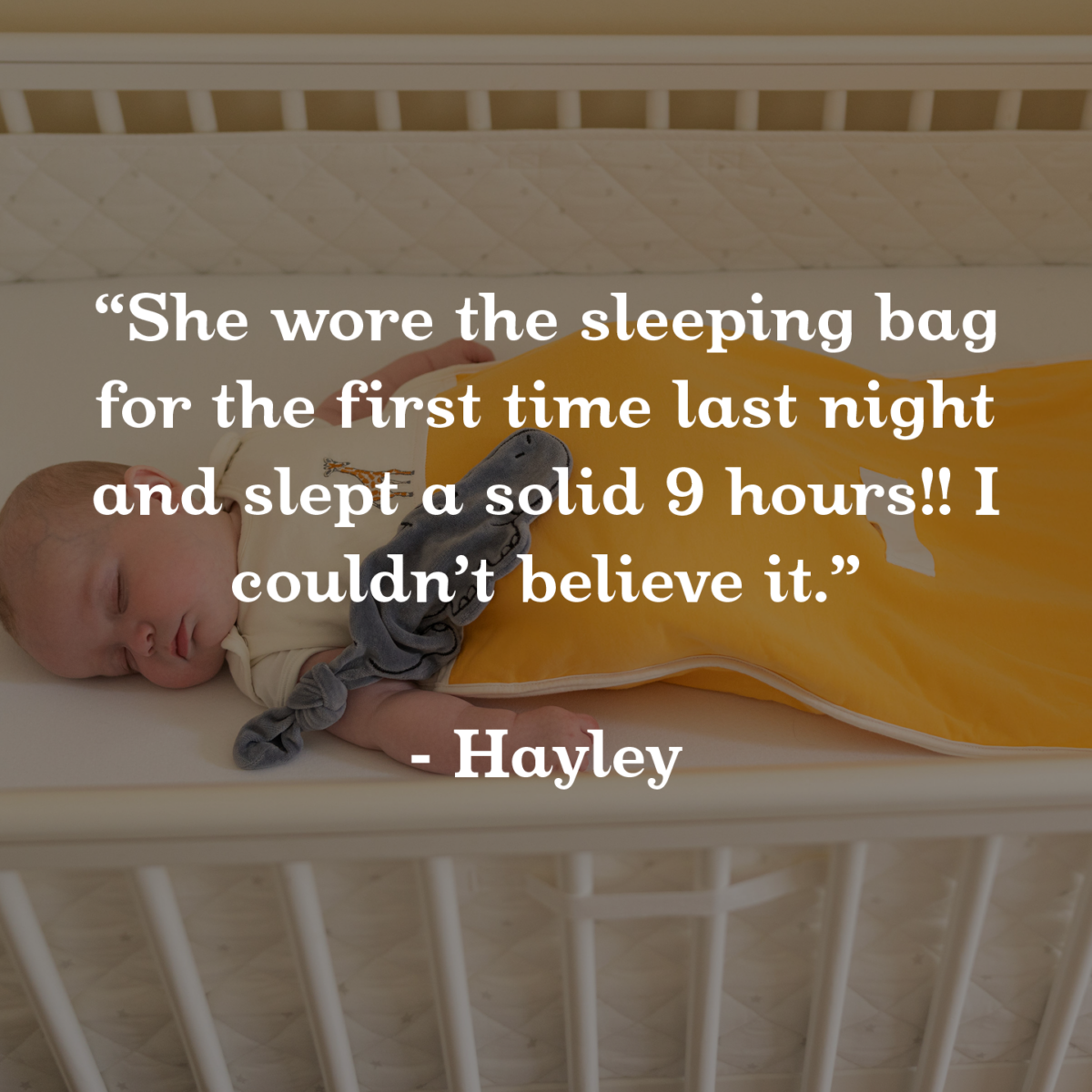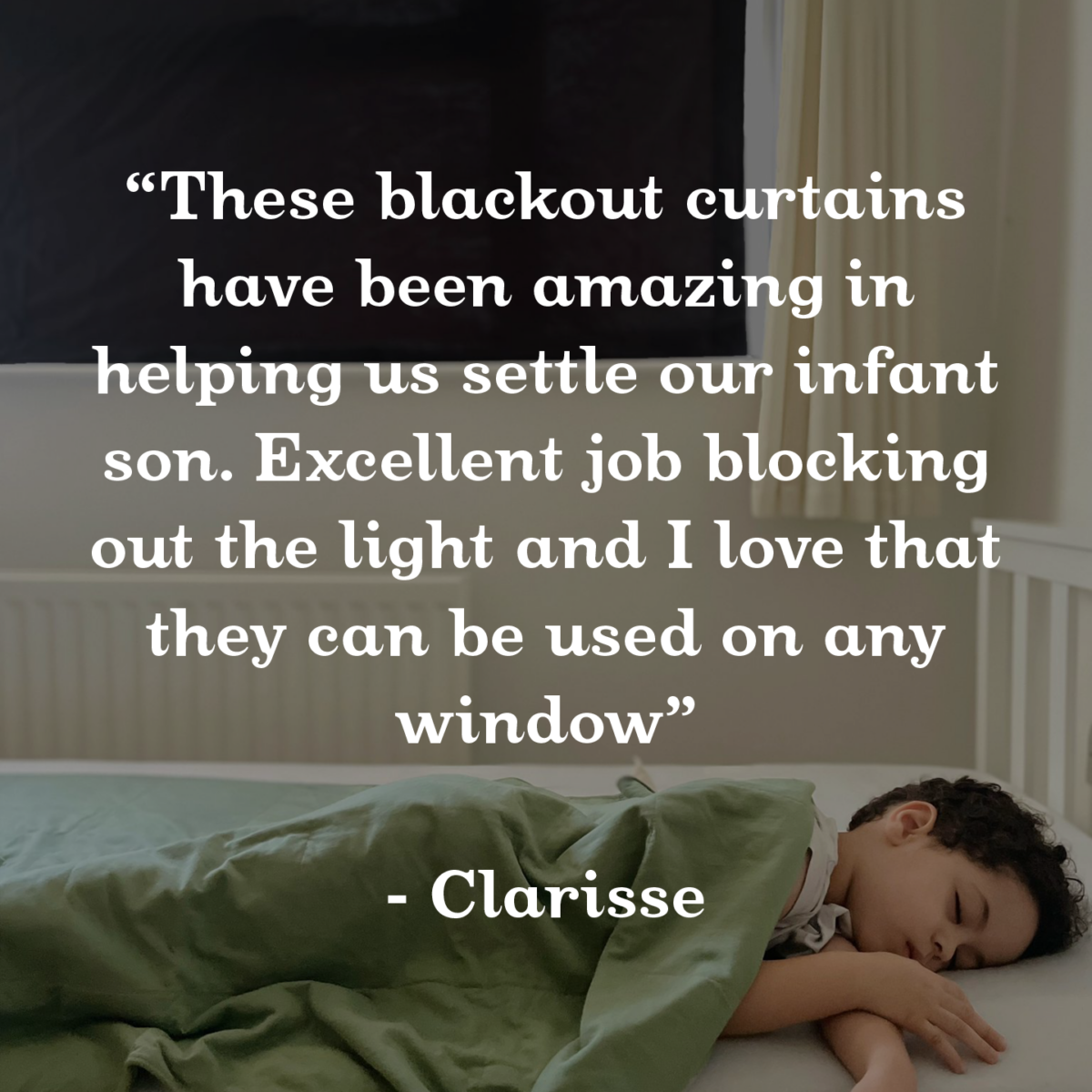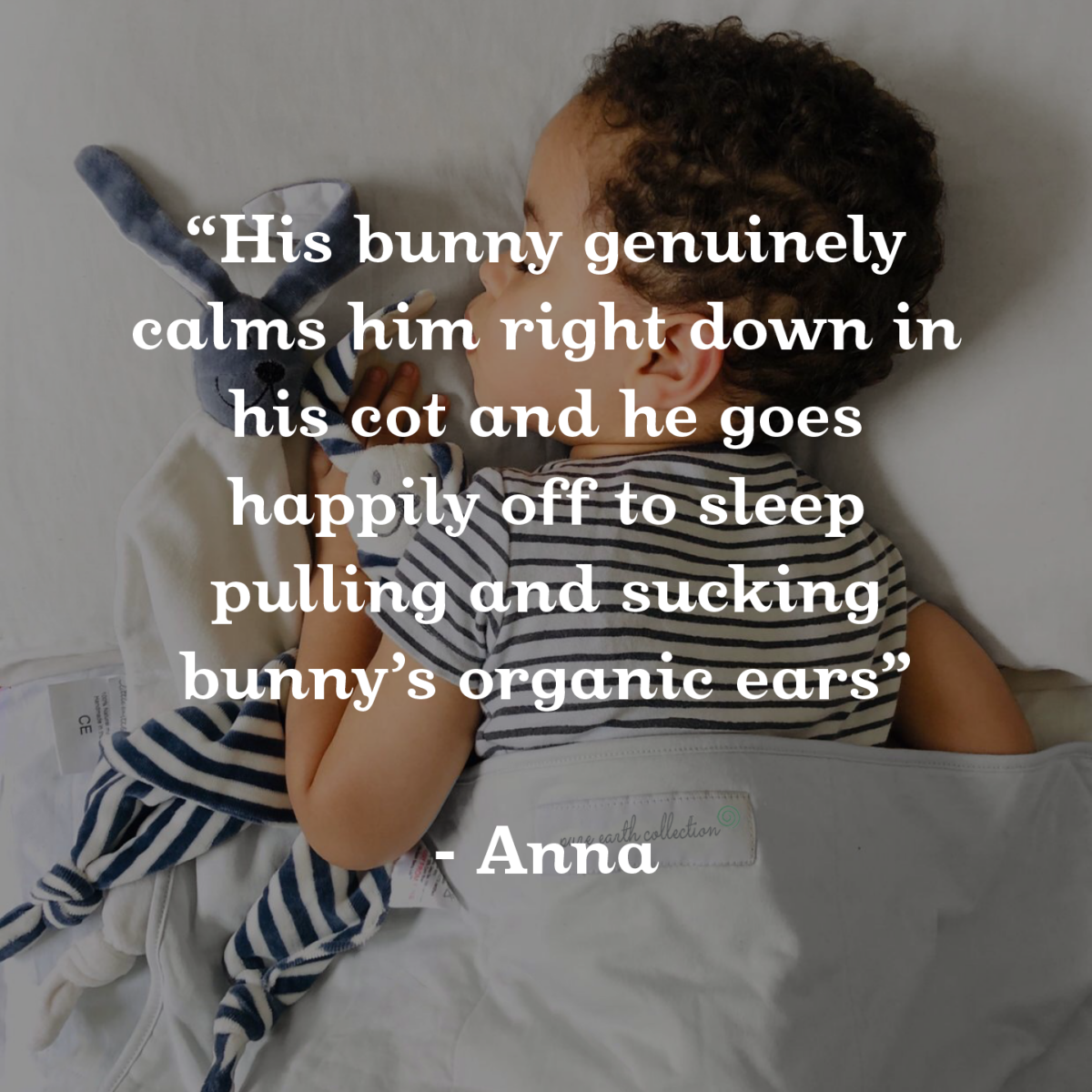
Baby sleep is HARD and mostly extremely confusing. We’d all like our babies to sleep a little (or a lot!) better – trust me, I’ve been there! The good news is that there are lots of ways we can help to support them to do that. But it’s also important to be aware that there’s also a lot of pressure and unrealistic expectations around baby sleep which often give parents unachievable goals and unnecessary stress about their own baby’s milestones. It’s important not to compare your own situation to ‘that perfect 12-hour sleeper’ you hear about from other mothers. All babies are different and their sleep is different too. The simple fact is that some babies just don’t need 12 hours of sleep (sorry!), and they’ll likely grow up to be adults who can rely on less sleep too (lucky them! But harder for you now), and some babies need more, or less, comfort and support to help them drift off.
Here we talk about the main ways you can help support your baby to get the best possible sleep for their own individual requirements – while managing realistic expectations. Let’s troubleshoot some of the main challenges around baby sleep:
Does your baby find it hard to settle in the evening?
If so, here are a few things to check for:
- Are they in pain? Reflux / silent reflux? My firstborn had silent reflux which made lying down on his back really painful for him, especially in the evenings when his little tummy was full up from a day of feeding. If you suspect your baby may have this, talk to a doctor or paediatrician.
- Are they overtired? When babies are overtired, their bodies produce cortisol, making it harder for them to settle to sleep. Make sure they’re getting enough sleep during the day and if they’re having difficulty with a long sleep in the daytime, offer them a short nap closer to bedtime to make sure they don’t get overtired before bed.
- Are they tired enough? Have they had too much sleep during the day or slept too close to bedtime? We all find it hard to fall asleep if we’re simply not tired so in this instance consider shortening the daytime sleep.
- Sensory overload? Don’t underestimate the amount of processing going on in your baby’s brain every day with all the new experiences they are seeing and taking in. This can lead to them feeling overwhelmed, exhausted and very emotional by the evening. Try to reduce the number of new experiences or sensory activities a few hours before bed and start winding down a bit earlier in familiar, calm surroundings.
- Sleep associations – most babies thrive on having a familiar routine or familiar sleep cues before they fall asleep. Simply putting your baby into a sleeping bag and giving them their favourite comforter can help signal to them that it’s time for bed. Pure Earth Collection’s Ultimate Organic Baby Sleeping Bags have a unique clip-on comforter on the chest to help small babies self-settle themselves to sleep, without the temptation of leaving loose items in the cot. Plus, they’ll never lose their comforter as they always know where to find it!
- Vitamin or mineral deficiencies? Nutrition can play a big role in sleep, particularly something as simple as an iron deficiency. Low iron can make it difficult for babies to fall asleep and can mean they wake in the night for long periods of time for no apparent reason. If you had low iron levels during pregnancy then this could be an issue with your baby. Low iron may show up as excessive tiredness and dark circles under the eyes by day. Before supplementing with iron (or other vitamins and minerals) it’s important to seek medical advice and get your baby checked, as adding too much to the diet can also cause problems. Consider seeing a naturopath who can test for this and advise. We love the amazing team at Naturedoc who have practitioners across the UK and have helped our kids so much over the years.
Does your baby wake regularly through the night?
Babies often wake during the night as they transition through sleep cycles – going from deep sleep into the ‘partial arousal’ phase, there are a number of things which could lead to them waking and calling for you:
- Are they too hot or too cold? Check your baby’s sleep environment. One of the leading causes of unnecessary night wakings is from being the wrong temperature. Make sure they’re sleeping in 100% natural fabrics to help them regulate their body temperature. The Pure Earth Collection organic baby sleeping bags have helped thousands of babies around the world get better sleep as they help to regulate baby’s temperature, meaning fewer night wakings from being too hot or too cold.
- Are they uncomfortable – Do they have a lump in their PJs or anything digging in?
- Are they unwell? If so, it’s likely they’ll need a little extra TLC in the night. Don’t panic, this will pass.
- An unfamiliar environment? This can cause babies to stir between sleep cycles as they could wake feeling confused about where they are. If possible spend time with your baby before bed to help get them used to new surroundings.
- Do they need extra reassurance? So this once can be frustrating because there’s no quick fix, but some babies just need extra reassurance to know that if they do wake up and need you, you’ll be there. Giving them this reassurance can take time and patience, but eventually, your child will grow in confidence and independence and stop calling for you for every re-settle. Try reducing the amount of time you spend comforting them gradually each time so they don’t totally rely on you being there to fall back to sleep, but they’ll learn that you’ll be there if they need you.
Does your baby wake early in the morning?
- Is your baby overtired at bedtime? This can lead to less REM sleep in the night and therefore earlier wake-up times.
- Are they not tired enough at bedtime? If they aren’t that tired when they go to sleep in the evening it’s likely they won’t stay asleep for that long during the night.
- Is their first daytime nap too early? If this is too early, the early wake-up will be re-enforced as they’ll know they can go back to sleep soon after waking. Try pushing their first sleep back slightly.
- Is the light coming in? Is there light coming into their bedroom in the early hours? If so, try to block it out using a blackout blind to keep the flow of melatonin coming. Make sure you avoid PVC and other toxic blackout blinds as they will leach harmful chemicals into your child’s bedroom air. Pure Earth Collection make organic cotton blackout blinds which keep bedrooms nice and dark without compromising on air quality.
- Is your baby the wrong temperature? By the early morning, your baby will usually be in a lighter stage of sleep, so they’ll wake more easily if they suddenly notice they’re too hot or too cold. Make sure they’re sleeping in 100% natural fabrics and never use polyester. Pure Earth Collection’s organic baby sleeping bags have a unique bamboo wadding which helps babies regulate their temperature through warmer and cooler periods.
- Or maybe they just need less sleep? As mentioned above, some babies just need less overall sleep than the average for their age. This was the case for my first baby, and still is as he approaches nearly 6! Remember all the recommendations you’ll read in books and hear about from friends are usually about the average, or better than average, baby! Sometimes little ones just don’t need as much sleep as their peers. If this is the case, putting them to bed slightly later will help.
Does your baby find daytime napping hard?
Don’t set unrealistic goals for daytime sleep. Some babies can’t and never will sleep for longer than 45 minutes at a time during the day, or maybe they have older siblings so the strict daytime schedule is not achievable. If this is the case for your baby, that’s fine. Just offer them slightly more nap opportunities and take the pressure off achieving the one super long sleep which you might hear about from others.
Other ways to help support your baby with their sleep:
Pure Earth Collection has developed a range of totally natural sleep products which are recommended by leading sleep consultants as they actually help babies get more sleep! Here are some of our favourites:
Sources – Credit to the below sleep specialists for a lot of the above information. Please check them out if you’re looking for more advice on gentle sleep techniques to help support your little one:
Susan Wallace, Settled Petals
Kaitlin Klimmer, baby and toddler sleep coach



